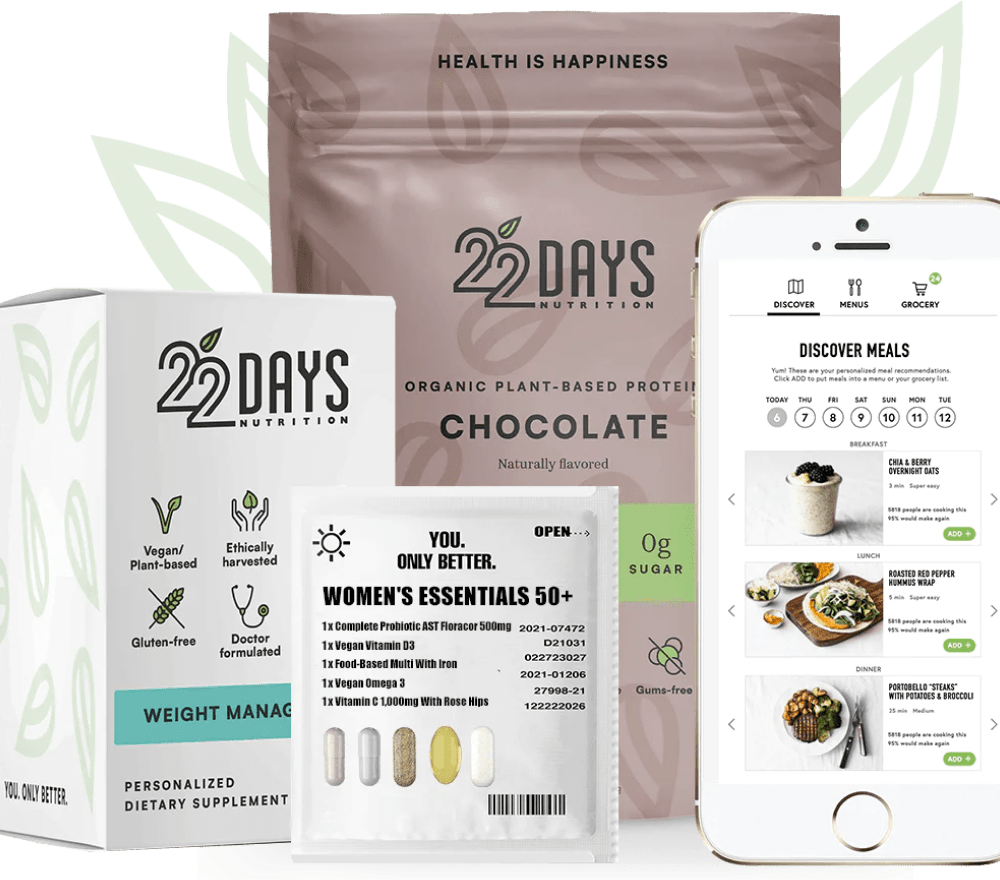5 Benefits of Organic Produce
It’s not hard to imagine why choosing organic produce would be good for you, but many people still don’t choose to eat organic. However, when you really consider the statistics, you’ll find that the reasons keep piling up while the excuses fall by the wayside. So why is organic eating so much better than the alternative?
Benefit #1: More Nutrients
A host of scientific studies have shown that organic produce offer higher concentrations of nutrients and lower concentrations of pesticides (NCBI). Specifically, food grown without traditional pesticides will be richer in antioxidants and lower in cadmium (a heavy metal commonly left after pesticide application).
If you’re thinking “well, it’s probably not a significant difference,” then this statistic will stick out: organic blueberries are 50% higher in anthocyanins (the compound that gives them color and contains antioxidants) than their conventionally-grown counterparts.
Benefit #2: No GMOs
In order for a product to be labeled USDA Organic, it cannot be grown from genetically-modified organisms (GMOs). No studies have shown a health benefit to consuming genetically-modified foods, and a few studies have indicated that there might be long-term health risks. Like trans fats, we might not know what the true health risks of consuming genetically-modified foods are for many years, and by then the damage will have been done.
Benefit #3: No Pesticides
It’s a fact that to stave off disease and reduce pests that farmers will generally need to use some type of compound on their produce. However, there is a difference between using naturally-occurring compounds versus those that are created in a lab, primarily how it remains in the soil or is absorbed by your body.
Chemical pesticides are harmful to their surroundings, can get into ground water, permanently damage the soil they leech into and can have long-term effects on the body. Organic foods that reduce the use of pesticides and use natural deterrents (like good bugs) are a better alternative.
Benefit #4: Better for the Environment
If there’s one reason to choose a meat-free, organic lifestyle, it’s to save the planet! A colossal amount of chemicals are used to treat non-organic produce, and the long-term damage to the surrounding soil should be a major cause for concern. Besides preventing the leeching of synthetic pesticides into the soil and water, organic farming helps to promote the health of surrounding wildlife who don’t find that their food and water sources are contaminated.
Additionally, with organic farming, methods are used to ensure that the soil retains its nutrients so there’s no need for fertilizers. Farmers also use natural methods of planting (such as mixed crops) to help the soil feed the plants.
Finally, since organic produce does not use chemicals to maintain freshness, a lot of organic food is sold locally – so there is a significant reduction in carbon emissions to get your food to market. Even better, find a farm close to home and pick up your own fruits and vegetables!
Benefit #5: Tastes Great!
Many types of store-bought produce are treated with a “sealer” which retains freshness as the produce moves from the field, through processing, onto a truck or plane to your local market. These sealers often affect the taste of your produce.
Additionally, the higher antioxidant levels in organic fruits and veggies make them taste better. A study shows that when plants have no pesticides to protect them, they rely on developing compounds to deal with the stress. Those compounds are the antioxidants that taste so delicious. (National Geographic)





